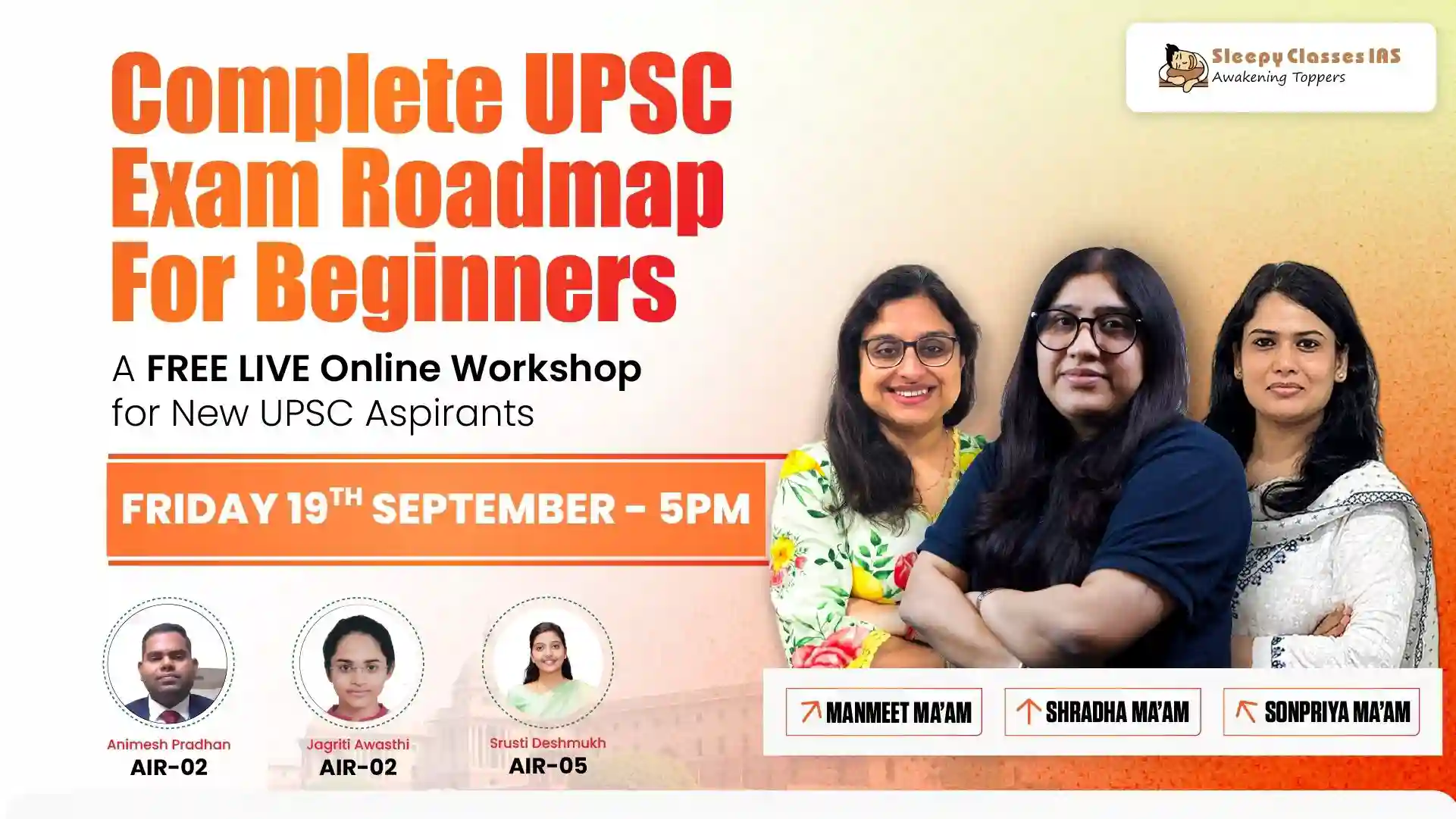Analyzing the UPSC (Union Public Service Commission) syllabus is a crucial step for any aspirant preparing for the prestigious civil services examination in India. The UPSC syllabus is extensive and covers a wide range of subjects, encompassing various dimensions of knowledge and skills. To effectively navigate through this vast syllabus, candidates must undertake a meticulous analysis. Breaking down the syllabus into its constituent parts helps aspirants understand the weightage of different topics and prioritize their preparation accordingly.
Key Takeaways
- The UPSC syllabus is divided into two main parts: Prelims and Mains, each with distinct subjects and focus areas.
- Current affairs play a significant role in both Prelims and Mains, requiring continuous updates and integration into study plans.
- Choosing the right optional subject can greatly impact your overall score; consider your interest and background while making this decision.
- Mock tests and previous year papers are essential tools for understanding exam patterns and practicing time management.
- Effective time management, consistent revision, and using the right study resources are key strategies for tackling the UPSC syllabus.
Decoding the UPSC Prelims Syllabus
The UPSC Prelims is the first stage of the Civil Services Examination and serves as a screening test. It consists of two compulsory papers: General Studies Paper I and General Studies Paper II, also known as the Civil Services Aptitude Test (CSAT). Understanding the syllabus is crucial for effective preparation.
Navigating the UPSC Mains Syllabus
The UPSC Mains syllabus is extensive and requires a strategic approach to cover all its components effectively. Understanding the structure of the Mains exam is crucial for success. The Mains exam consists of nine papers, including an essay, four General Studies papers, and two optional subject papers. Each paper is designed to test different skills and knowledge areas.
Essay Paper
The essay paper is an opportunity to showcase your ability to articulate thoughts clearly and coherently. You will be required to write two essays, each on a different topic. This paper tests your ability to construct logical arguments and present them in a structured manner.
General Studies Papers I-IV
The four General Studies papers cover a wide range of subjects, including Indian heritage and culture, governance, technology, economic development, biodiversity, and international relations. Each paper is designed to assess your understanding of these subjects and your ability to apply this knowledge to real-world scenarios.
Optional Subjects
In addition to the General Studies papers, you will choose two optional subjects. These subjects allow you to delve deeper into areas of your interest or expertise. The choice of optional subjects can significantly impact your overall score, so it’s important to select wisely.
The UPSC Mains syllabus 2024 covers a range of subjects, including essay writing, four general studies papers, and optional subjects. A well-rounded preparation strategy is essential to navigate this comprehensive syllabus effectively.
Understanding the Role of Current Affairs in UPSC Ka Syllabus
Current affairs play a pivotal role in the UPSC syllabus, influencing both the Prelims and Mains stages of the examination. Staying updated with current events is crucial for aspirants, as it helps in answering questions that are directly or indirectly related to recent happenings. The dynamic nature of current affairs means that they are interwoven with various subjects, especially in General Studies Papers II and III.
Importance of Current Events
The significance of current events cannot be overstated. They serve as the torchbearer to other general studies topics, providing context and relevance. For instance, understanding recent economic policies or international relations developments can greatly enhance your answers in the exam.
Sources for Current Affairs
To stay updated, candidates should make a habit of reading newspapers daily. Some recommended sources include:
- The Hindu
- Indian Express
- Yojana and Kurukshetra magazines
- Online portals like PIB and PRS
Integrating Current Affairs in Answers
Integrating current affairs into your answers can make them more robust and well-rounded. Here are some tips:
- Relate current events to static topics in the syllabus.
- Use real-world examples to substantiate your points.
- Make concise notes for quick revision before the exam.
Remember, the current events serve as the torchbearer to the other general studies topics. Keeping abreast of these can significantly boost your performance in the UPSC exam.
Optional Subjects: Making the Right Choice
Choosing the right optional subject for the UPSC exam is crucial for your success. It can significantly impact your overall score and ranking. Here are some key points to consider when making this important decision.
Effective Strategies for Tackling UPSC Ka Syllabus
Time Management Tips
Managing your time effectively is crucial for UPSC preparation. Create a study plan that allocates specific time slots for each subject. This helps in covering the vast syllabus systematically. Prioritize topics based on their weightage and your personal strengths. Regular self-assessment through mock tests and previous year papers can help you stay on track.
Study Resources
Choosing the right study resources can make a significant difference. Standard textbooks, online courses, and coaching materials are essential. Make use of mind maps and flashcards for quick revisions. Study each topic as if you were teaching it; this deepens your understanding and retention.
Revision Techniques
Revision is the key to success in UPSC exams. Regularly revising the studied material helps in better retention. Use techniques like spaced repetition and active recall. Make concise notes and summaries for quick revisions. Group studies can also be beneficial for discussing and clarifying doubts.
Consistency and regular self-assessment are the cornerstones of effective UPSC preparation.
The Significance of Previous Year Papers
Understanding the importance of previous year papers is crucial for any UPSC aspirant. These papers offer a comprehensive view of the entire syllabus, helping candidates to grasp the true breadth of topics covered. By analyzing these papers, one can identify recurring themes and important areas that require more focus.
Analyzing Trends
Previous year papers are invaluable for spotting trends in the types of questions asked. This can guide your preparation strategy, allowing you to prioritize topics that are frequently tested. Building confidence is key to success in the UPSC Prelims exam 2024, especially if you have completed previous PYQs during the past 10-15 years.
Identifying Important Topics
By reviewing past papers, you can pinpoint which topics are consistently important. This helps in allocating your study time more effectively, ensuring that you cover high-yield areas thoroughly. Often, it is possible to determine the true breadth of the syllabus by looking at questions that have been asked about the topics.
Practicing with Past Papers
Practicing with previous year papers is an excellent way to simulate exam conditions. It helps you get accustomed to the format and time constraints of the actual exam. Moreover, it aids in developing a strategy for tackling different sections of the paper efficiently.
Analyzing question papers from prior years can help you to see the whole syllabus in a better light. Often, it is possible to determine the true breadth of the syllabus by looking at questions that have been asked about the topics.
The Importance of Mock Tests and Test Series
Mock tests and test series are crucial for UPSC aspirants. They equip candidates with the necessary skills, strategies, and psychological readiness required to tackle one of the toughest exams in the country. Mock tests provide a simulated exam environment, helping candidates manage time effectively and reduce exam anxiety. They also offer a clear understanding of the exam pattern and the types of questions asked.
Benefits of Mock Tests
Mock tests offer several benefits:
- They help in identifying strengths and weaknesses.
- Regular practice improves speed and accuracy.
- They provide a benchmark to measure progress.
- Detailed feedback helps in improving answer writing skills.
Choosing the Right Test Series
Selecting the right test series is essential. Look for test series that cover the entire syllabus comprehensively and offer detailed explanations for answers. It’s also beneficial if the test series includes current affairs, as they play a significant role in the UPSC exam.
Simulating Exam Conditions
Simulating exam conditions during mock tests is vital. It helps in building the stamina required for the actual exam. Ensure that you take these tests seriously and adhere to the time limits strictly. This practice will make you more comfortable and confident on the exam day.
Consistent practice with mock tests and test series can significantly enhance your performance and increase your chances of success in the UPSC exam.
Mock tests and test series are crucial for UPSC preparation as they help you gauge your progress and identify areas for improvement. At Sleepy Classes, we offer comprehensive test series designed to simulate the actual exam environment, ensuring you are well-prepared for the big day. Don’t miss out on this essential part of your preparation. Visit our website to explore our test series and take the first step towards achieving your IAS dreams.
Conclusion
Understanding the UPSC syllabus is a monumental task, but it is the cornerstone of effective preparation for the civil services examination. By breaking down the syllabus into manageable sections and focusing on each component with a strategic approach, aspirants can navigate this vast ocean of knowledge with confidence. The syllabus not only outlines what needs to be studied but also serves as a roadmap, guiding candidates through their preparation journey. Remember, the key to success lies in a thorough understanding of the syllabus, consistent effort, and a well-structured study plan. With dedication and the right resources, cracking the UPSC exam is an achievable goal. Stay focused, stay motivated, and let the syllabus be your guide.
Frequently Asked Questions
What is the significance of analyzing the UPSC syllabus?
Understanding the importance of analyzing the UPSC syllabus is crucial for aspirants. It serves as a roadmap for exam preparation, helping aspirants prioritize topics and allocate time efficiently.
How can I effectively break down the UPSC syllabus for analysis?
To effectively break down the UPSC syllabus, categorize topics, identify overlaps between subjects, and recognize recurring themes. This helps in creating a structured study plan.
What role does syllabus analysis play in the UPSC exam strategy?
Syllabus analysis helps candidates assess their knowledge, identify weaknesses, and create a comprehensive study plan. It ensures that all topics are covered thoroughly.
Is memorization of the UPSC syllabus necessary?
While memorization is not necessary, understanding the syllabus in depth is crucial. Use mind maps, flashcards, and revision techniques to familiarize yourself with the syllabus.
How important are current affairs in the UPSC syllabus?
Current affairs are extremely important in the UPSC syllabus. They are integrated into various GS papers and help in enriching answers with contemporary examples.
What are some effective strategies for tackling the UPSC syllabus?
Effective strategies include time management, using quality study resources, regular revision, practicing with previous year papers, and taking mock tests to simulate exam conditions.






